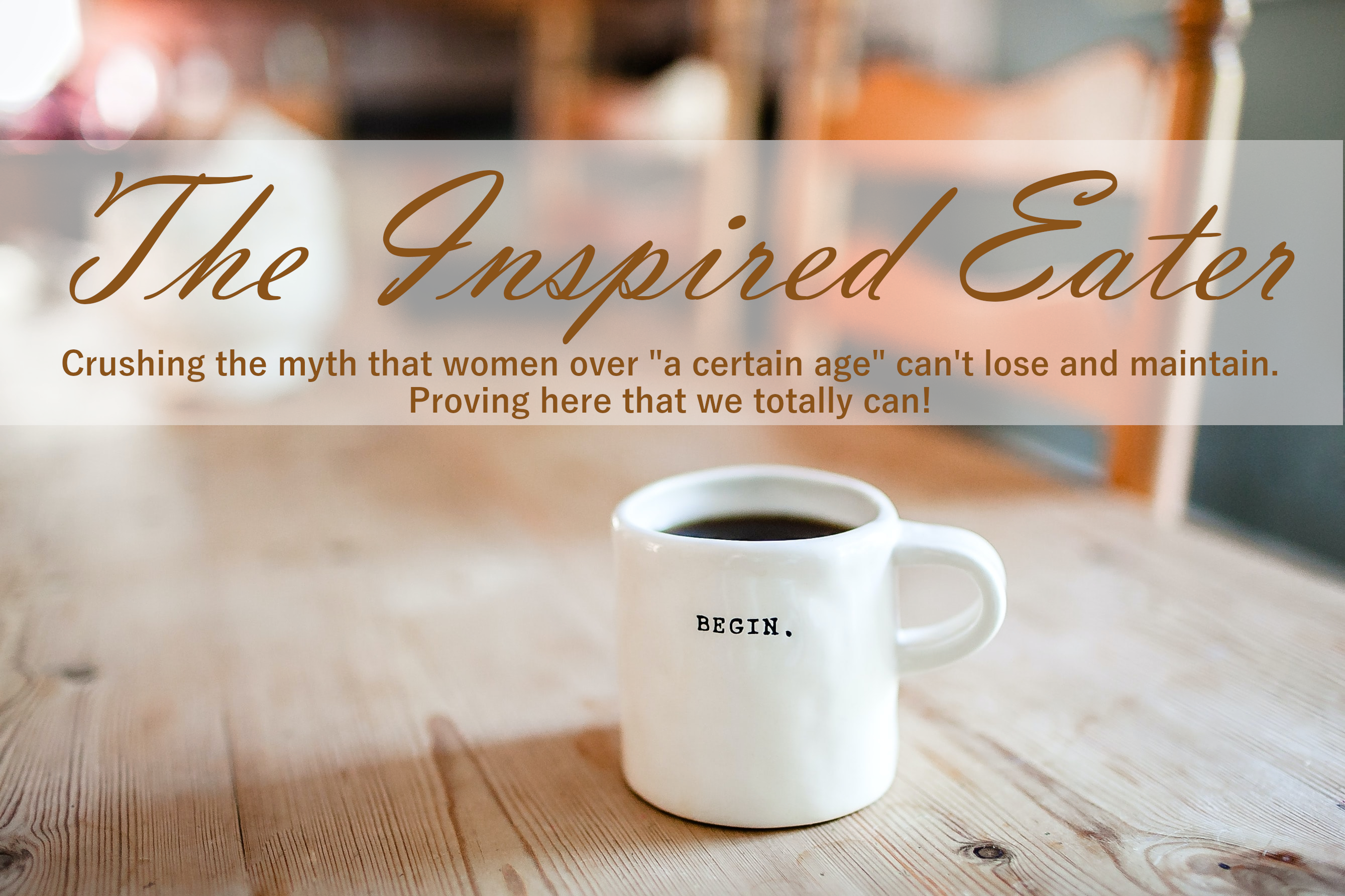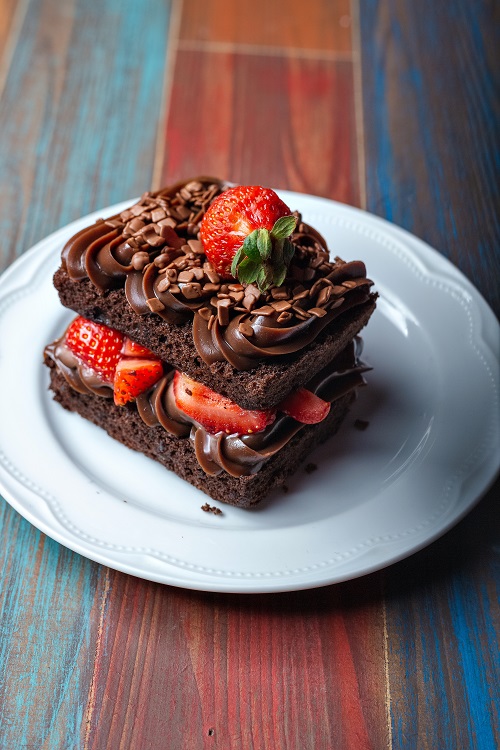Vintage honeymoons of old seem quaint by modern standards. Back in the day, two young people – say a Laura and Rob Petri type — had a sweet chapel wedding followed by a cake and punch reception in the family’s backyard. At some point during the reception, the beaming couple would appear in travel clothes and – under a shower of rice — would drive off tin cans rattling from behind to a honeymoon destination.
Until Jackie Kennedy and JFK married thereby turning up the volume on fancy weddings across the globe.
But that’s another story.
The Honeymoon & Losing After 50.
You and I are pros at losing weight. We begin a new smart eating plan and proudly commit for two weeks, two months, maybe even two years.
But then one day we realize that our smart eating plan repeatedly forgets to flush, never vacuums, and thinks dining out means Papa John’s.
The honeymoon has left the building.
And when the honeymoon wears off our smart eating plan, we stumble, slip, and fall head first into months and months of overeating. Until we’re horribly uncomfortable in our clothes and a high school reunion looms on our horizon, and we’re ready to commit. Again. This time, we tell ourselves, will be different.
But the cycle repeats.
Skirt the Honeymoon Dilemma.
The beginning of any amazing journey begins with the honeymoon stage. It’s totally normal; part of being human. You’re in the honeymoon when you hold your newborn; score your forever home; or buy the car you’ve always wanted.
A smart eating plan’s honeymoon is no different. In the beginning the weight is coming off at a good clip and anyway we love chopping up bags of veggies every Sunday for the week to come. We talk to anyone who’ll listen about our new plan (we’ve never slept better!!). And we wonder why we didn’t start this better way of eating years and years ago?
But when our spectacular friend, the honeymoon, wanes we assume something has gone wrong. That we should always feel that chopping vegetables every Sunday is so fun. Or that we sleep just fine and a bowl of vanilla mixed with strawberry jam (I was out of chocolate syrup) before bed sounds perfect. That — in fact — the ease of the honeymoon period should be with us 365 days a year. For, like, ever.
Otherwise something must be faulty at the core. This losing after 50 thing is going way too slowly anyhow. It’s not even working. Nobody loses and maintains after menopause. Why did I get my hopes up?!
But here’s the deal: honeymoons end. Newborns turn teenager, the house needs a new roof and the car is just the thing you use to get from A to B.
Navigating Reality 101.
The reality-moon is now on deck.
Have you heard of the messy middle? It’s a term used in tandem with business projects that begin beautifully only to hit the maddening obstacles of the messy middle.
Knowing that the honeymoon period fades as the messy middle arrives puts you in the captain’s chair. You now have the knowledge you need to prepare smart strategies for managing the many whack-a-mole moments that are a normal part of a smart eating lifestyle.
Journal-Writing Gems.
Can you take one more plug for journal-writing? Free-writing about our smart eating issues produces remarkable wisdom from our own brains. Write and write and write with plans to show nobody. You’ll be stunned at what flows onto the page.
Journal about these prompts.
- From past experience, I know I’m in the honeymoon period because I . . . (give at least five answers).
- It won’t be so jarring when the honeymoon period ends if I know . . .
- When my smart eating plan and I hit the messy middle, that’s when I began to . . .
- I’d better tolerate the messy middle if I’d . . .
- I can make peace with the messy middle by . . .
- If I learn to navigate the messy middle I’ll learn . . .
- Three times in my life when I’ve handled the messy middle beautifully is . . .
- Here’s how I can apply these successful moments to my smart eating messy middle . . .
If more ideas and thoughts come to you, run with it.
Romancing the End.
Given that there’s a beginning and middle stage of weight loss, I can hear you wondering whether an end is in sight.
From my humble experience, yes and no.
Yes, because after a decade of embedding amazing smart eating habits into the cells of my being, eating well has become – I don’t love this word – easier. (Not easy. Easier.) No matter what’s happening in my life – broken foot, irritable teens, a car accident – I maintain my smart eating habits.
But no, because losing after 50 with the goal of maintaining forever means daily vigilance around my smart eating habits. Obstacles abound in our food-porn world. People push: eat, it’s your birthday! Eat, it’s 4th of July! Eat, life is short!
Which is exactly the point. Life is short. And you and I get to decide the size of our bodies — not the on-steroids food industry.
Wish me happy birthday. As Samantha once said on SATC, “I’m fifty — ‘effn — seven!” (She was 45, but you get the idea.) In my brain, however, I’m still 22. If I’m really honest: 12.
Have a wonderful end to your July!
And remember it’s not just your imagination, health is hard.
♥, Wendy
P.s. Are you new to the Inspired Eater? Welcome!! This blog won’t make much sense until you first read the Aunt Bea post (and you’ll find Aunt Bea on this page to the right under my short bio). After you enter your email address, the Aunt Bea article will be sent to your email’s inbox. If it’s not there, you might check the spam folder. And always feel free to email me at Wendy@TheInspiredEater.com and I’ll get Aunt Bea right to you!
Some links may be affiliate links and as an Amazon Associate, I may earn from qualifying purchases. Of course you incur no additional cost.










